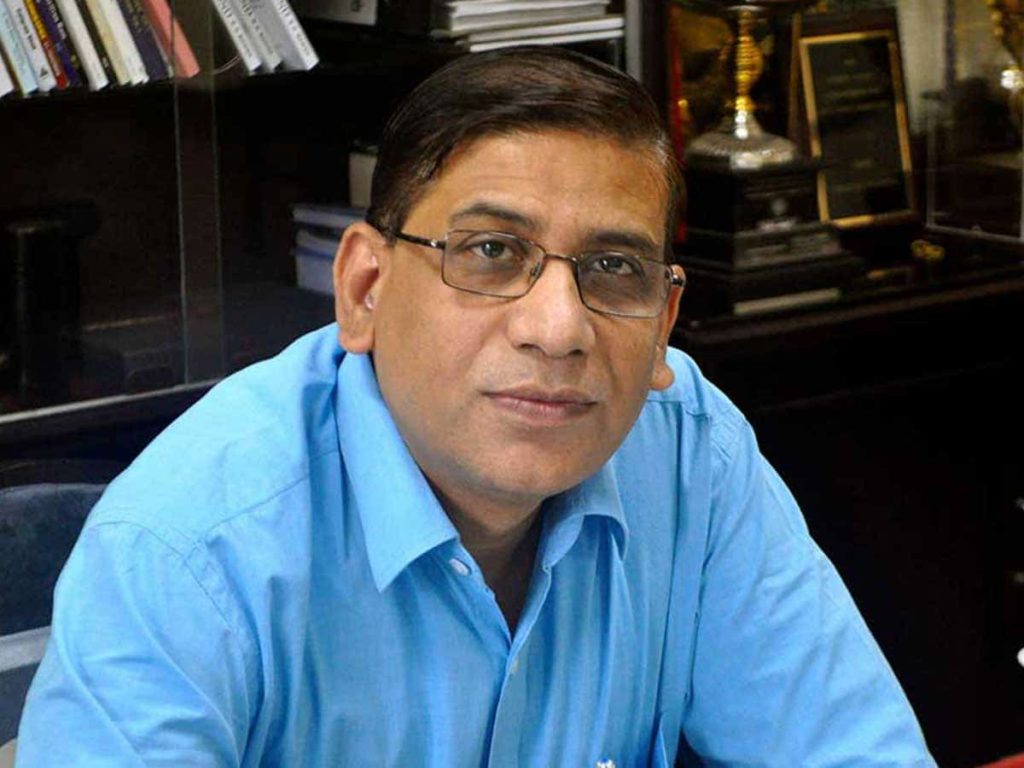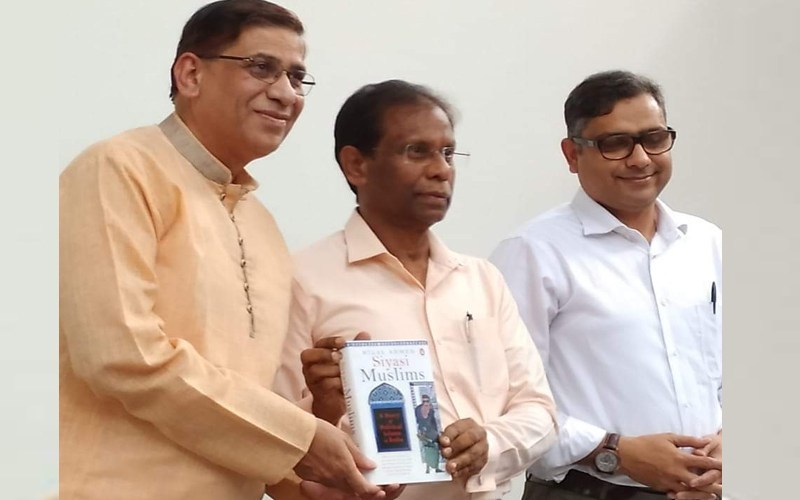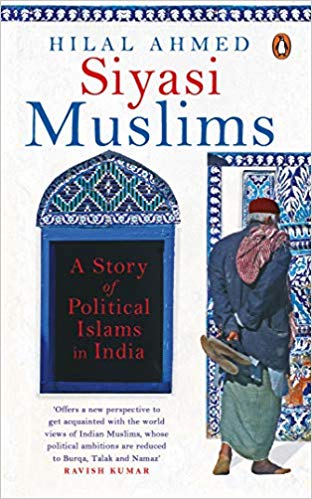UTTAR PRADESH :

Hyderabad:
The National Academy of Law Studies and Research (NALSAR), Vice-Chancellor Professor Faizan Mustafa, has been elected president of the consortium of national law universities.
The consortium unanimously elected him president at its annual meeting.
Professor Poonam Saxena, Vice-Chancellor, NLU Jodhpur, was elected Vice President; Professor Vijender Kumar, Vice-Chancellor, MNLU, Nagpur, as convener, admission test for common law (CLAT) 2021; and Professor VC Vivekanandan, Vice-Chancellor, HNLU, Raipur, as a member of the Executive Committee for CLAT-2021.
After Mustafa virtually accepted his new role, he thanked the members for having confidence in him. He thanked the outgoing President, Professor V. Vijaykumar, for his visionary leadership.
Mustafa also thanked Professor Paramjit S. Jaswal, the outgoing vice-president, for his contributions to the issues fought by the consortium and his interventions in the executive committee and meetings of the governing bodies.
He seeks continued support and protection for Vijayakumar, who will continue as a member of the executive committee in his half-time position. The new executive committee will meet soon to finalize the details of CLAT-2021.
The governing body considered and approved the report of the grievance committee chaired by former Chief Justice of India Judge S. Rajendra Babu.
The members also thank Balraj Chauhan, Convener-CLAT 2020, for the successful completion of the process in an unprecedented year of Covid-19.
In his report, Chauhan gave details on CLAT-2020 and thanked the president and the members of the executive committee and governing body.
The governing body also appreciates the efforts of Mustafa, who fulfilled the duties of the secretary in the unusual circumstances of the sudden decision of the National Law School of India University to abandon CLAT 2020.
Mustafa said in his report that as many as eight meetings of the executive committee and six meetings of the governing body were held between September 3 and November 12 and that all decisions were taken in a consultative manner.
He also appreciated the efforts made by Sudhir Krishnaswamy to implement the reforms until the 3rd of September in the format of the CLAT paper and all other related matters.
Out of the 23 NLUs in the country, 22 students are increasing via CLAT.
source: http://www.deccan.news / Deccan News / Home> Local / November 14th, 2020










